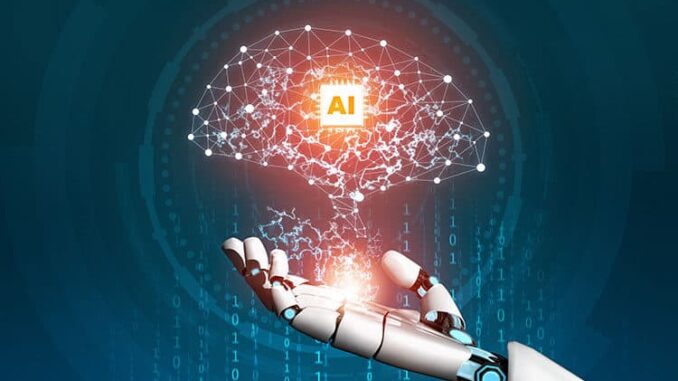
AI assistants have the potential to revolutionize public health by improving data management, enhancing health services, facilitating disease prevention,
and streamlining responses to health crises. Here are several ways AI assistants can impact public health:








### 1. **Enhanced Data Analysis and Surveillance**
– **Description**: AI can aggregate and analyze vast amounts of health data from various sources, including EHRs (Electronic Health Records), wearable devices, public health reports, and social media.
– **Impact**: This enables real-time surveillance of disease outbreaks, identification of emerging health threats, and monitoring of health trends across populations. AI-driven analytics can help public health officials make informed decisions based on comprehensive data insights.
### 2. **Predictive Modeling for Disease Outbreaks**
– **Description**: AI can model the spread of infectious diseases by analyzing factors such as population density, movement patterns, and environmental conditions.
– **Impact**: Predictive models can help public health authorities anticipate outbreaks and allocate resources effectively for prevention and response. For instance, AI can forecast flu outbreaks during certain seasons, allowing for proactive vaccination campaigns.
### 3. **Personalized Health Recommendations**
– **Description**: AI assistants can analyze individual health data, preferences, and behaviors to provide tailored health advice and interventions.
– **Impact**: By offering customized guidance on lifestyle changes, screening recommendations, and preventive measures, AI can empower individuals to take charge of their health and enhance population well-being.
### 4. **Telehealth and Remote Monitoring**
– **Description**: AI-powered chatbots and virtual assistants can facilitate remote consultations, triage patients, and manage chronic conditions through continuous monitoring and communication.
– **Impact**: This improves access to healthcare services, especially in underserved areas, and reduces the burden on healthcare facilities, enabling timely interventions and reducing hospital visits.
### 5. **Behavioral Insights and Public Health Campaigns**
– **Description**: AI can analyze public sentiment and behavioral patterns to inform the development of effective public health campaigns.
– **Impact**: By understanding community attitudes and potential barriers to health behaviors, public health officials can tailor messaging and interventions to increase their effectiveness, such as anti-smoking campaigns or vaccination drives.
### 6. **Resource Allocation and Operational Efficiency**
– **Description**: AI can optimize the allocation of public health resources, including staffing, medication, and vaccination supplies, based on predictive analytics and real-time data.
– **Impact**: This leads to more efficient public health operations, ensuring that resources are deployed where they are most needed, which is particularly crucial during public health emergencies.
### 7. **Enhanced Accessibility and Engagement**
– **Description**: AI assistants can provide health information and services in multiple languages and formats, making healthcare more accessible to diverse populations.
– **Impact**: This encourages greater public engagement with health services and empowers individuals to seek information and support regarding their health and well-being.
### 8. **Support for Mental Health Services**
– **Description**: AI-powered chatbots and virtual assistants can offer mental health support by providing resources, conducting screenings, and facilitating access to therapy.
– **Impact**: These tools can help bridge the gap in mental health care, providing support to individuals who may be hesitant to seek traditional counseling or therapy.
### 9. **Crisis Response and Management**
– **Description**: During public health emergencies, such as pandemics, AI can assist in crisis communication, information dissemination, and coordination among healthcare providers.
– **Impact**: Rapid, accurate dissemination of information can help mitigate misinformation, improve public compliance with health guidelines, and enhance the overall response to health crises.
### Conclusion
AI assistants hold significant promise for transforming public health by providing comprehensive data analysis, personalized health interventions, and enhanced access to care. By leveraging AI technologies, public health systems can become more efficient, data-driven, and responsive to the needs of communities, ultimately leading to improved health outcomes for populations at large. However, it is essential to address ethical considerations, data privacy, and equity in access to ensure the benefits of AI are realized by all individuals.

Leave a Reply